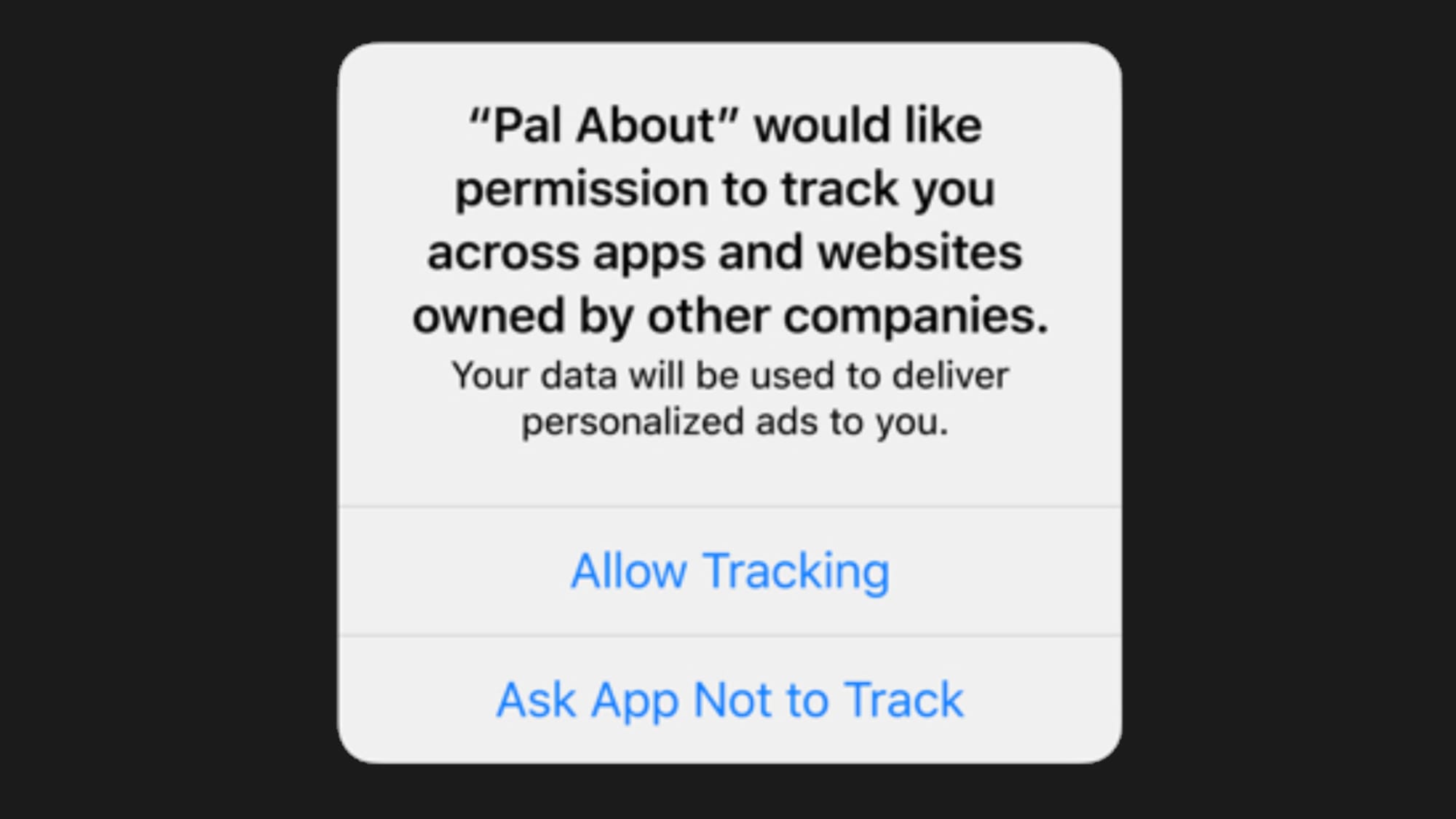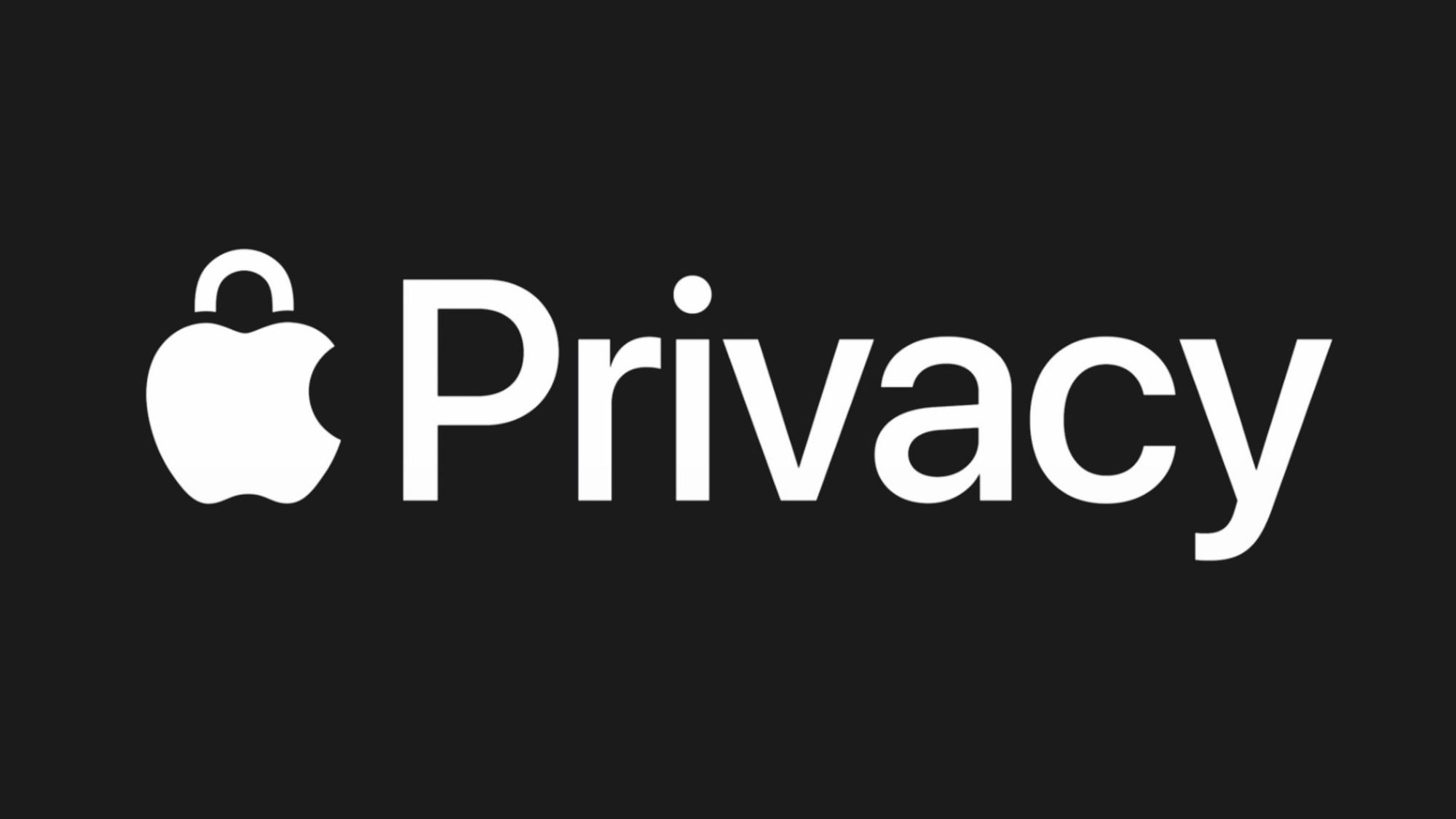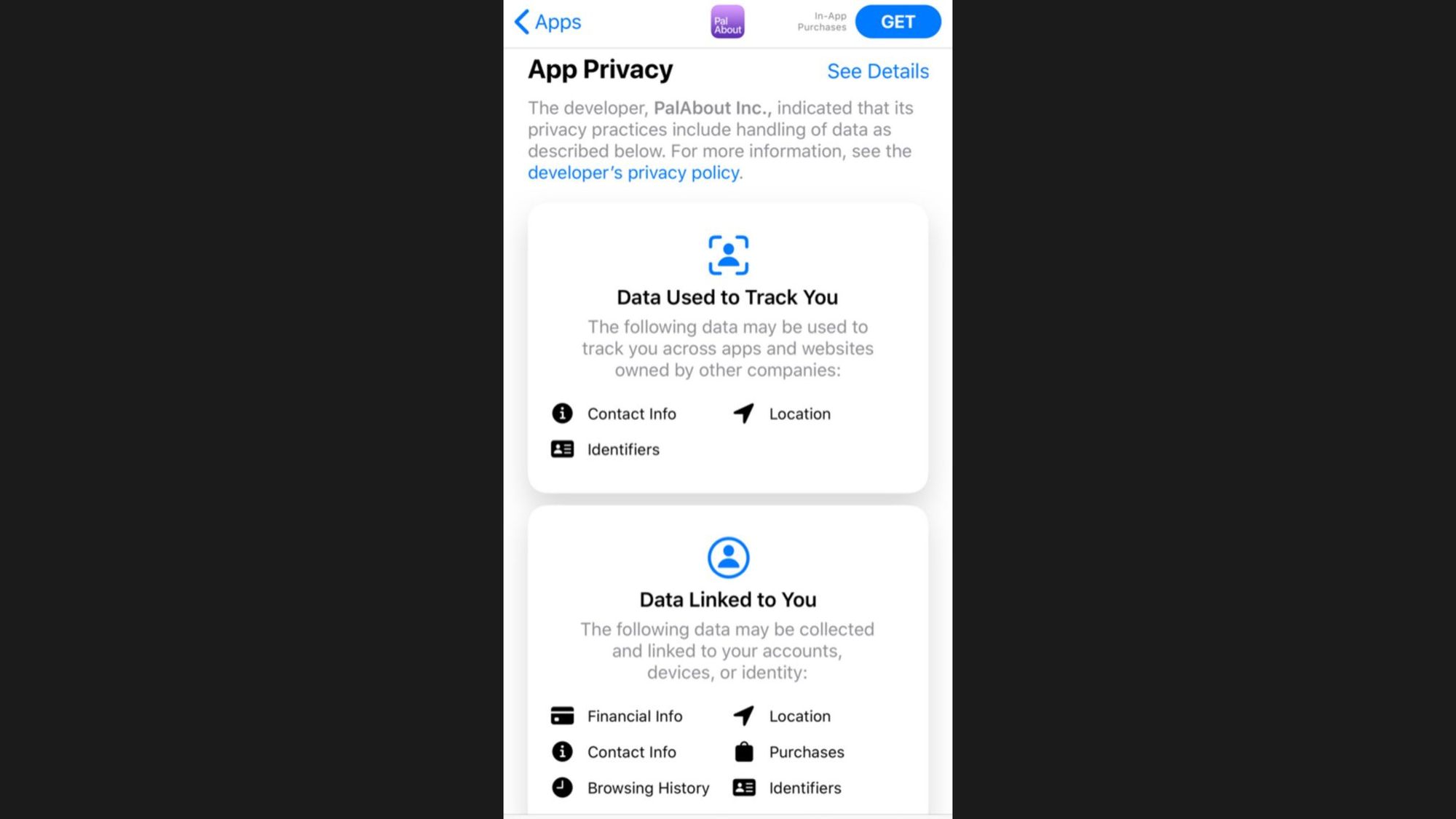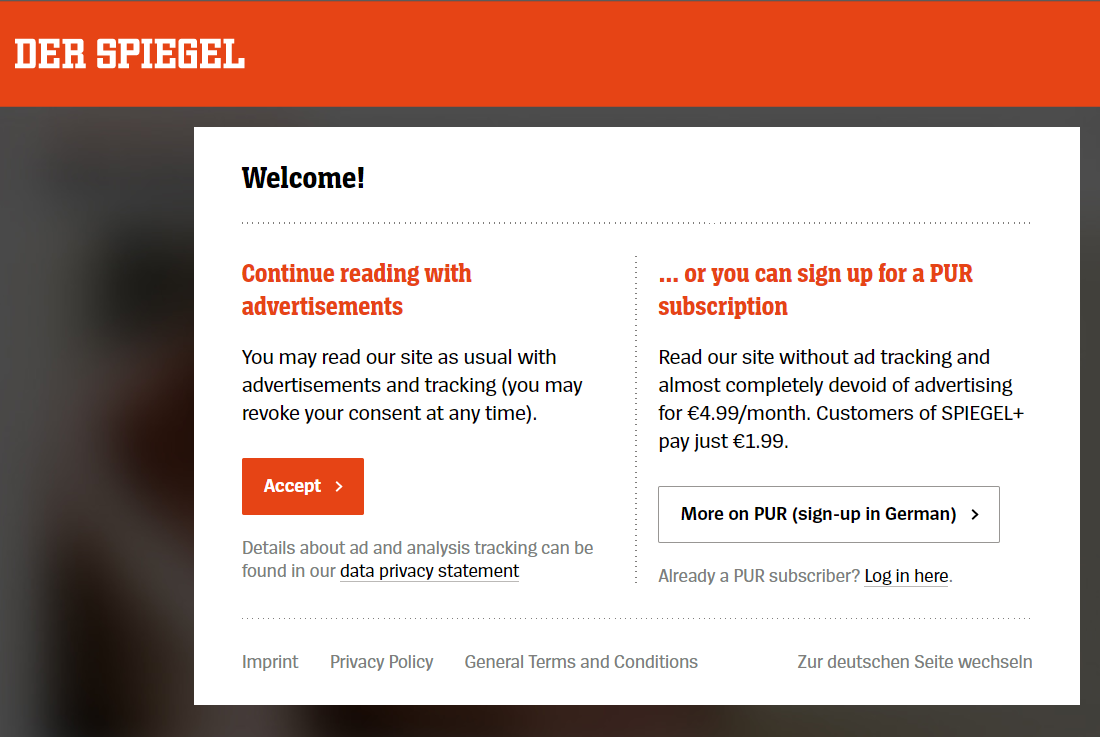Apple introduces a compulsory consent manager for all apps with ads
Apple’s consent manager in-app enforces the opt-in model for tracking – to allow the use of the IDFA.

Apple yesterday announced the introduction of a consent manager for all apps in the iOS 14, iPadOS 14, and tvOS 14 (launch should happen in the fall of 2020). App developers will need to receive the user’s permission through the AppTrackingTransparency framework to access the device’s advertising identifier (IDFA).
The IDFA (device’s advertising identifier) enables advertisers to do retargeting, frequency, or measurement (attribution). Without this ID, advertisers will face limitations to identify unique users, and when advertisers face such limitations, the CPM plunges.
Matt Barash, SVP of Strategy and Business Development, at AdColony, said that “advertisers should prepare to recognize a shift in the scale of the audiences they can target. Just like with OS-level limit-ad-tracking, Apple is taking small steps, rather than the giant leap many had predicted, to make it easier for users to opt-out of tracking mechanisms. Savvy advertisers should be prepared to balance both audience and contextual approaches in their mobile media mix.”
This year BidSwitch found that cookieless ad impressions are one-third cheaper, and last year Google found that ads without cookies represent 52% less revenue for the publishers.
The new app consent manager is mandatory for all app developers with apps with ads, except if when user or device data from the app is linked to third-party data solely on the user’s device and is not sent off the device in a way that can identify the user or device, and when the data broker with whom the apple developer share data uses the data solely for fraud detection, fraud prevention, or security purposes.

When do developers need to ask consent?
- Displaying targeted advertisements in your app based on user data collected from apps and websites owned by other companies;
- Sharing device location data or email lists with a data broker;
- Sharing a list of emails, advertising IDs, or other IDs with a third-party advertising network that uses that information to retarget those users in other developers’ apps or to find similar users;
- Placing a third-party SDK in your app that combines user data from your app with user data from other developers’ apps to target advertising or measure advertising efficiency, even if you don’t use the SDK for these purposes. For example, using an analytics SDK that repurposes the data it collects from your app to enable targeted advertising in other developers’ apps.
App Store to have information about the tracking
App developers will have to provide information about the privacy practices in the App Store Connect. App developers will have to state the third-party code (advertising or analytics SDKs), to describe what data the third-party code collects, how the data may be used, and whether the data is used to track users.

Privacy or a move to incentivize in-app subscriptions?
Apple earns 30% on each app subscription. By giving the option to users, to be tracked or not to be tracked – Apple may be seen as incentivizing app developers of having subscription models without advertising. And this is motivated by GDPR. Users that do not want to be tracked will have to pay instead, or app developers will not be able to monetize their apps.
Games, newspapers, and classifieds apps remain free due to the advertising revenue. Apple doesn’t have any growth with advertising.
In Germany, the newspaper Spiegel, is now giving 2 options for users on the website. In the first option users are tracked and they can read the news for free. In the second option, users have to pay 4.99 euros/month, and they will not be tracked. If these 2 options were in the Spiegel iOS app, Apple would have received 30% of the subscription value on the second option.

This month, the European Commission opened 3 antitrust investigation cases against Apple, 2 of them related with the 30% fee that Apple applies to all in-app subscriptions.

